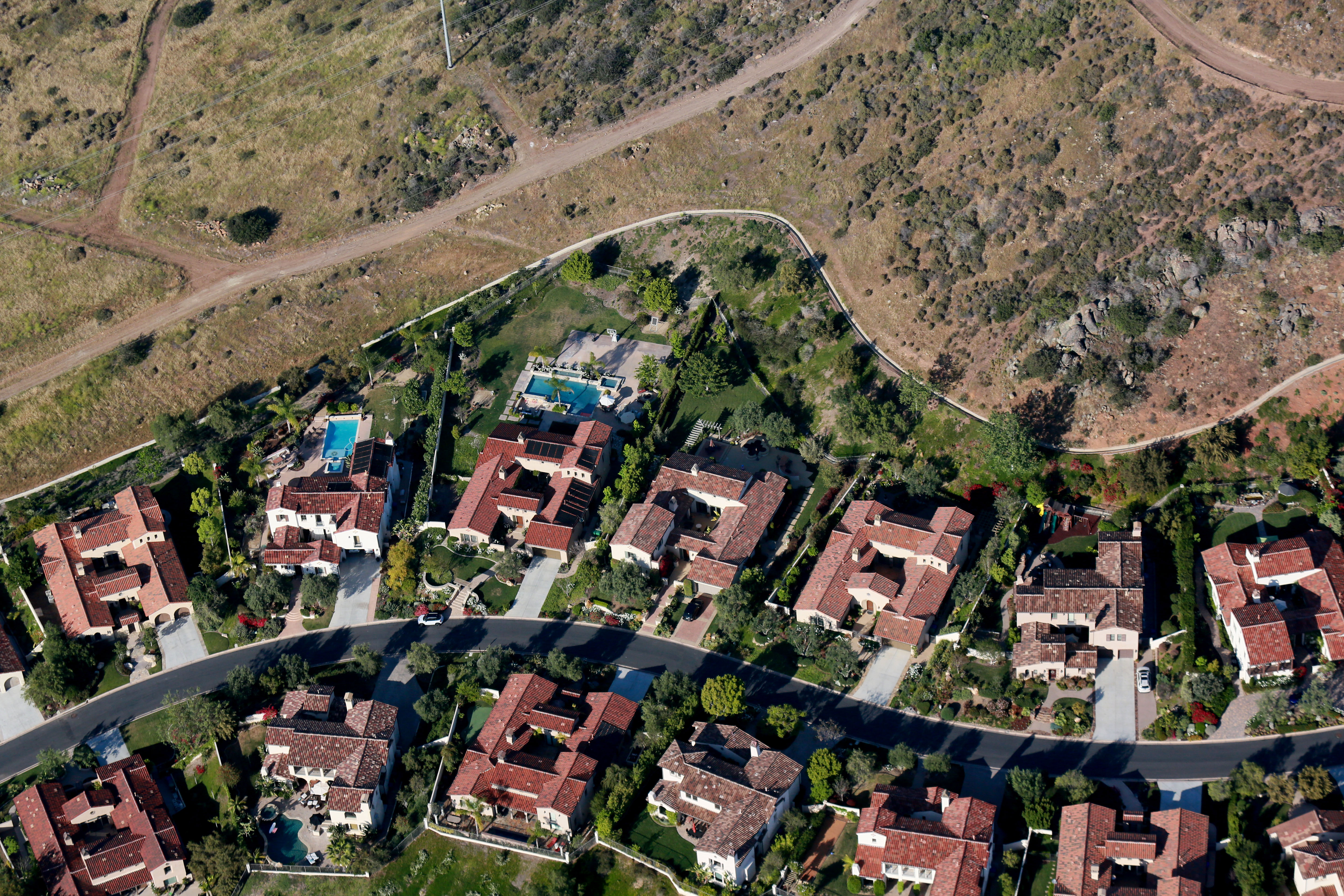It's time for drought-plagued California to prioritize people over smelt
California need to come to terms with its environmental past

A free daily email with the biggest news stories of the day – and the best features from TheWeek.com
You are now subscribed
Your newsletter sign-up was successful
California is in the throes of a severe, multi-year drought. Two of the state's major reservoirs, the Shasta and Oroville, are far below capacity; snowpack is at record low levels; and 2014 was one of the driest years in the Golden State's history.
New water-conserving regulations are pitting the state's cities against its farms in an increasingly heated dispute over water priorities — the type of resource scarcity that part-time Californian and acclaimed author Jared Diamond warned can cause catastrophic conflict in his physically and intellectually hefty tome Collapse.
City dwellers are right that agriculture plays a big role in the drought, using 40 percent of the state's most scarce resource. Growing alfalfa and almonds requires tons of water. To make matters worse, the state has yet to effectively regulate groundwater pumping, rapidly draining aquifers. Water priorities are largely defined by special deals signed long ago, in an age of plenty.
The Week
Escape your echo chamber. Get the facts behind the news, plus analysis from multiple perspectives.

Sign up for The Week's Free Newsletters
From our morning news briefing to a weekly Good News Newsletter, get the best of The Week delivered directly to your inbox.
From our morning news briefing to a weekly Good News Newsletter, get the best of The Week delivered directly to your inbox.
Suffice to say, it's not all sunshine in California these days. And there's no reason to believe things will get better anytime soon. Just last week, Democratic Gov. Jerry Brown announced draconian (though necessary) fines for "long showers" and lawn watering.
Many liberals (Brown included) are quick to imply that climate change is to blame for California's drought. Perhaps — but it certainly didn't act alone. You can blame environmentalists, too.
That may sound counterintuitive. But it's true.
With their heads in the clouds and their hearts stuck in the ‘60s, California's green caretakers have repeatedly shunned projects that would have gone a long way toward combating the water shortage — and all while the state's population doubled in under half a century.
A free daily email with the biggest news stories of the day – and the best features from TheWeek.com
From the Sites to the Los Banos Grandes to the Temperance Flats reservoirs, California has shelved important infrastructure projects that would have likely eased much of today's pain. The Clean Water and Endangered Species acts, both pieces of well-meaning legislation, have been hijacked by state and federal environmental lobbies, much to the chagrin of today's parched populace. For instance, critics of the Sites reservoir cite possible "substantial adverse impacts on the river's [Sacramento's] ecosystem," while a major objection to Temperance Flats is the "24 sensitive, threatened, or endangered wildlife species."
In their quest to protect the state's myriad native species, Californians have neglected their own. Sorry Homo sapiens, we have smelt to save.
Failure to follow through on these types of water storage projects has resulted in 2.6 million acre-feet of usable water washing out to sea in the last two winters alone, or enough water for roughly 3 million families for an entire year. While the state can't make it rain, it can prepare for when it does.
Now, largely due to its own actions, the state government in Sacramento is faced with two options, neither of which is particularly attractive: cut growth or engineer its way out.
The first option is hardly a hopeful campaign slogan. What better way to attract business than to tax natural resources that are abundant elsewhere, or to give the proverbial boot to California's immense talent pool and big-buying consumers. Downsizing is for places like Detroit, not Santa Monica and Silicon Valley.
The second option, of course, is the one the state has repeatedly refused to exercise. If the nation's largest economic engine is to survive, let alone flourish, the environmental wing of the state must sacrifice. (California's agricultural interests need to be more flexible, too.) Water storage and routing projects must get the go-ahead after reasonable reviews, and not be delayed or scrapped for idealistic and arguably marginal species-saving.
California must also execute these projects with speed and precision. The state's bloated government and multiple vested interests have made recent large-scale infrastructure projects case studies in incompetence. From the high-speed rail boondoggle to the restoration of the Sacramento-San Joaquin Delta, Californians are paying through their teeth for services rarely, if ever, rendered.
And all too often environmentalists are a part of that problem; by using their substantial political leverage to halt water storage projects and restrict pumping to save a three-inch fish, they are slowly but surely bleeding Californians dry.
-
 6 of the world’s most accessible destinations
6 of the world’s most accessible destinationsThe Week Recommends Experience all of Berlin, Singapore and Sydney
-
 How the FCC’s ‘equal time’ rule works
How the FCC’s ‘equal time’ rule worksIn the Spotlight The law is at the heart of the Colbert-CBS conflict
-
 What is the endgame in the DHS shutdown?
What is the endgame in the DHS shutdown?Today’s Big Question Democrats want to rein in ICE’s immigration crackdown